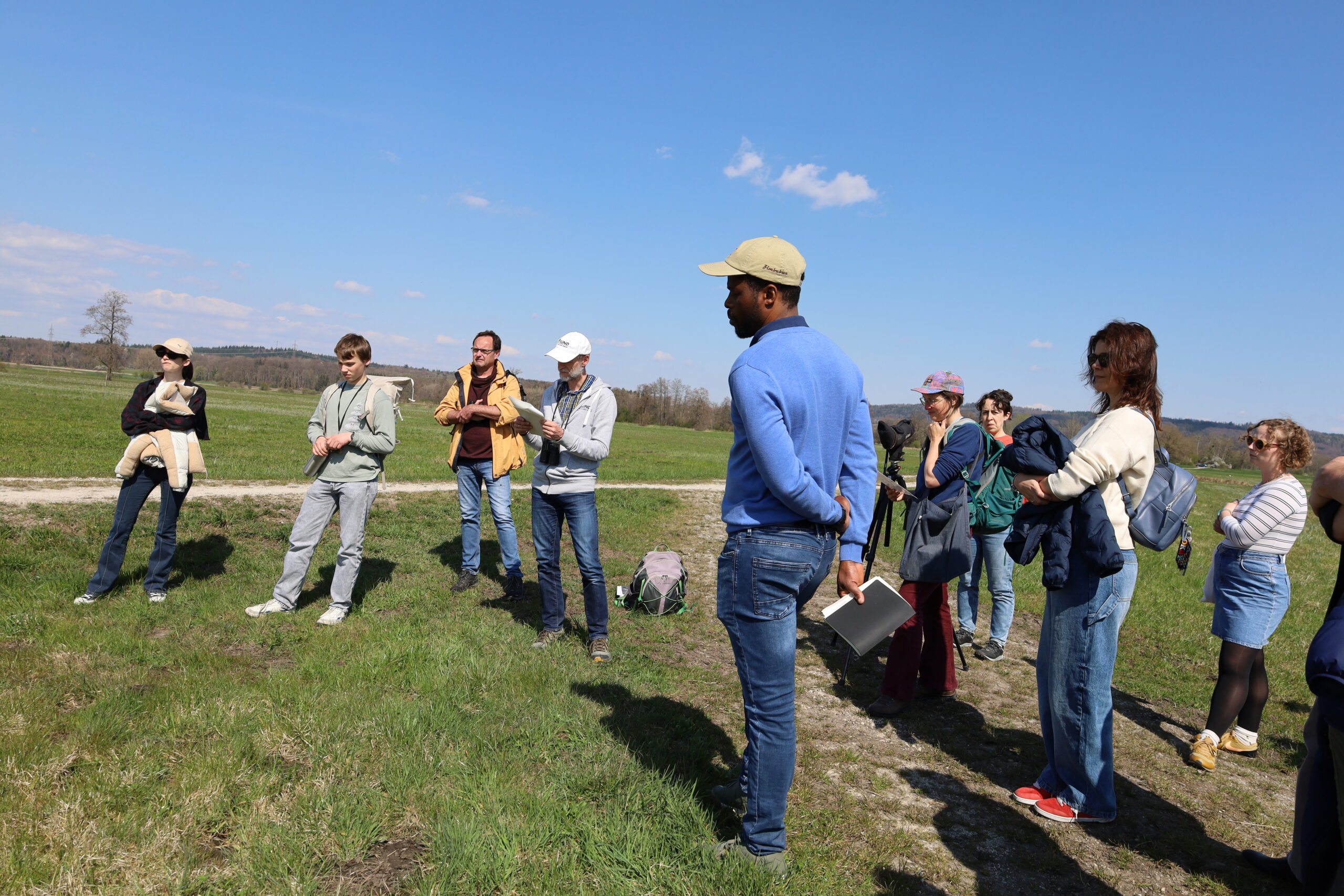During the recent EUROLakes consortium meeting in April 2025, project partners took the opportunity to engage in a learning event on stakeholder involvement and communication, using the example of a local wetland, the “Weitenried”, as a case study for the exercise.
The event comprised an interactive workshop and a field trip to the wetland in question. The Weitenried is a protected area that covers almost 220 hectares, located near Lake Constance in Germany. It was designated as a protected area in 1978 and serves as an important breeding and molting habitat for numerous bird species, including some endangered ones. The protected area aims to preserve the diverse flora and fauna, and the natural landscape. In addition to its ecological significance, the area is considered significant for maintaining the quality of groundwater resources in the region. The wetland contributes to the natural filtration and replenishment of groundwater, storing carbon and helping with climate regulation.
Despite its status as a protected area, many regulations are not respected. The main river that flows through the Weitenried was invented in 1975 and ditches have been excavated to dry the area for other use, mainly for agriculture. Ever since then, and with the increasing effects of climate change, soil erosion and agricultural runoff, the quality of the wetland habitats at Weitenried has been decreasing as well as its biodiversity. The larger part of the endangered breeding birds followed the German-wide trend and disappeared from the site.
Local conservation organizations aim to initiate a process to rewet the Weitenried wetland through nature-based solutions and in this way, restore the biodiversity, water quality and carbon sequestration potential of the wetland. Similarly, as in the demonstration sites of EUROLakes, this initiative involves discussions and negotiations with different stakeholders and groups of interest, a complex and often complicated task.
During our learning event, we simulated the stakeholder involvement process for the rewetting initiative at the Weitenried through a roleplay game. For this purpose, the members of the EUROLakes consortium were assigned roles of different stakeholder groups, reflecting the real situation: local nature conservation organizations, farmers/agricultural sector, local municipality, local community/civil society, and scientific community. During the first stage, each group of 3-4 people received enough information about the case study and the sectors involved to develop a particular identity and position statement for the stakeholders they represented. This helped the participants get into the skin of their assigned roles.
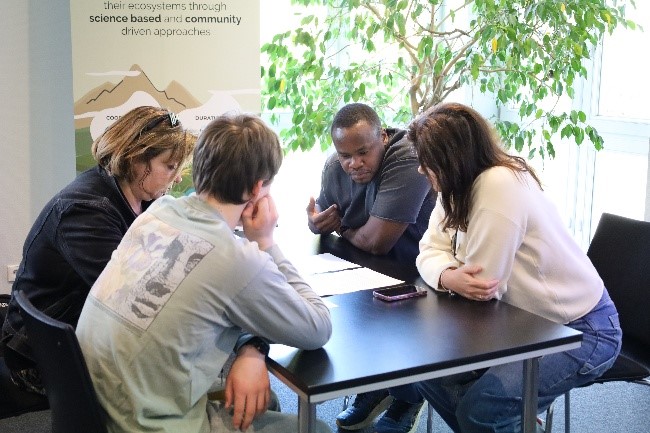
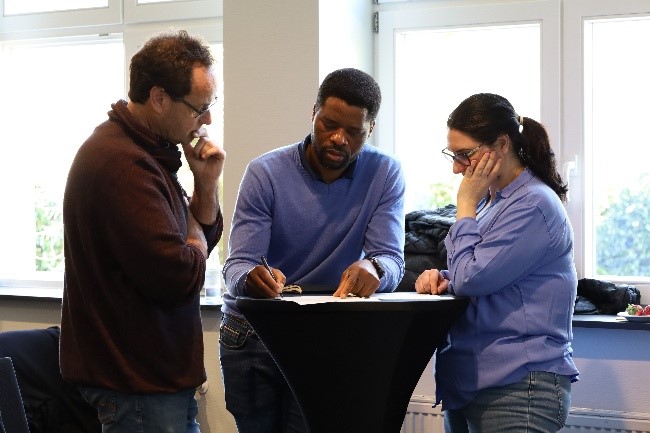
At the second stage, the participants had the opportunity to engage in a first exchange between groups, simulating a “scoping meeting”, with one person acting as a coordinator of the project and moderating the discussion. This first introductory engagement allowed each stakeholder group to present their stance and interests. The groups had clear goals and questions for each other, which resulted in a very energetic discussion.
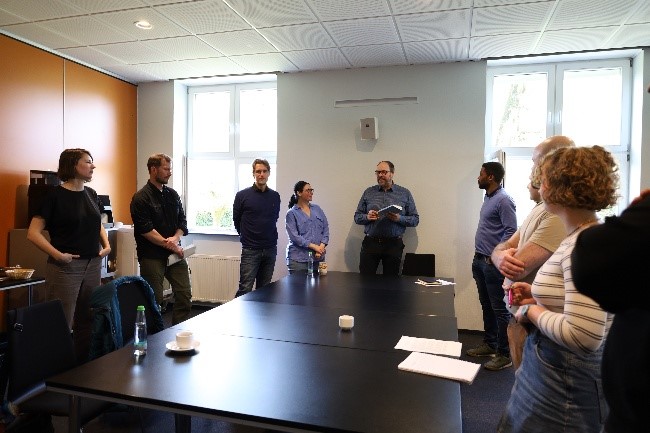
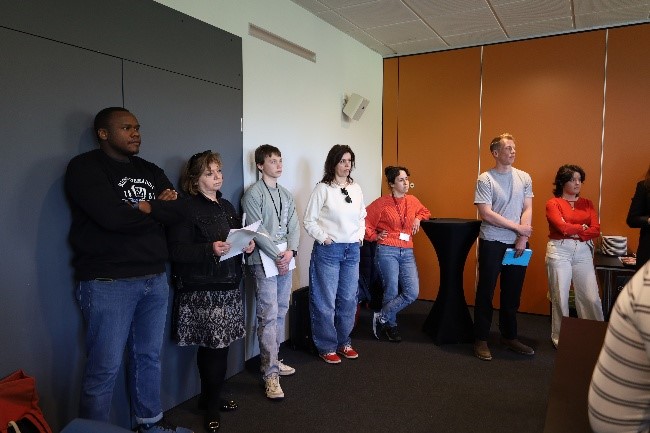
In the third step of the exercise, the participants came back to their groups for an internal discussion of the newly acquired information during the scoping meeting, adjusting their vision and position if desired. At this stage, the groups had the chance to form alliances with each other, think about new ideas, compromises or compensations, and the discussions became even more engaging, as the objective was to reach an agreement regarding the rewetting measures for the area.
The concluding step was a final round table where all groups came together again to openly discuss their opinions about the proposed initiative. During this stage, it was clear that certain stakeholders were more aligned with each other than others, while some had more difficulties finding a compromise. The discussions were very proactive, and all the participants were engaged in their roles. Finding a decisive agreement during this round table was difficult, which reflected how these processes happen in real life. However, it was worth observing that the groups that were against the project activities (or not convinced enough) at the beginning, gradually started to become more agreeable as they learned more about the actual measures, particularly when comprehending all the benefits of the 4 Returns Framework. Also, certain measures such as financial compensations or suggestions for new sources of income through similar but more ecosystem-friendly practices seemed promising to convince the most critical stakeholder groups.

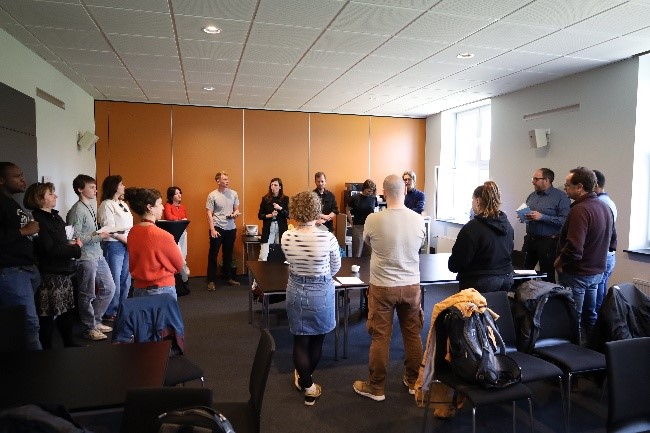
After finalizing the roleplay, all groups answered some questions to reflect on the exercise and “take home” the most important messages and lessons learned from the workshop. From the answers and observations during the event, it is worth mentioning that some communication aspects between the groups seemed to be the most important for the exchange and a successful engagement during the exercise. The message that the project wanted to convey had to be clear and adapted for each group, as communication with the agricultural sector and scientific community differs in terms of content, tone and language.
Another interesting observation was that while the groups all had their interests and positions, they all cared about the state of the wetland in one way or another, and once the planned measures were presented in more detail, coming towards a compromise became easier. Offering specific alternatives and solutions, backed up by research, to each group was a good way of reaching agreements among the groups, and bilateral communication was just as important as an open dialogue. It was clear that looking for monetary compensations and benefits was attractive for all groups, which suggests that focusing on nature-financing options might be an effective way to convince stakeholders to engage in the proposed initiative, which is one of the objectives of EUROLakes.
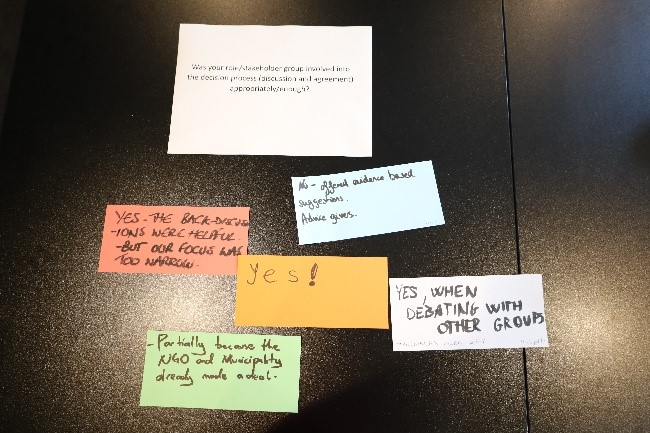
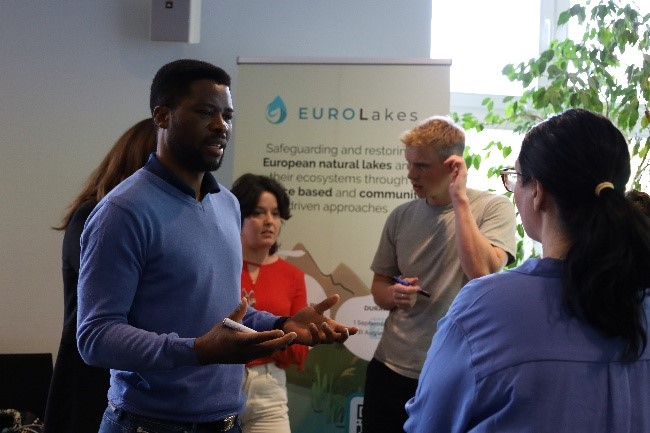
Following the workshop, we visited the Weitenried wetland with a guided of two experts from a local conservation agency, who are trying to advance the rewetting initiative for the area. During the field trip, we had the opportunity to learn not only about the importance of the site and the challenges it is facing, but also about how the stakeholder involvement process has been developing there. We identified similar challenges, but also opportunities for cooperation, as in our EUROLakes project. This event fostered a valuable transfer of knowledge and allowed the project consortium to learn from a case study that drew many parallels to our planned measures.
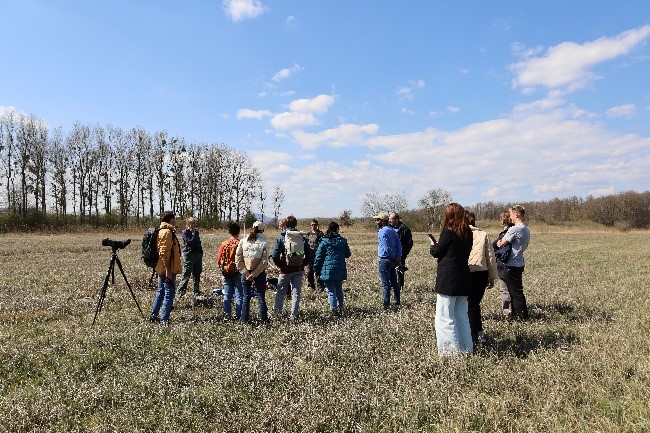
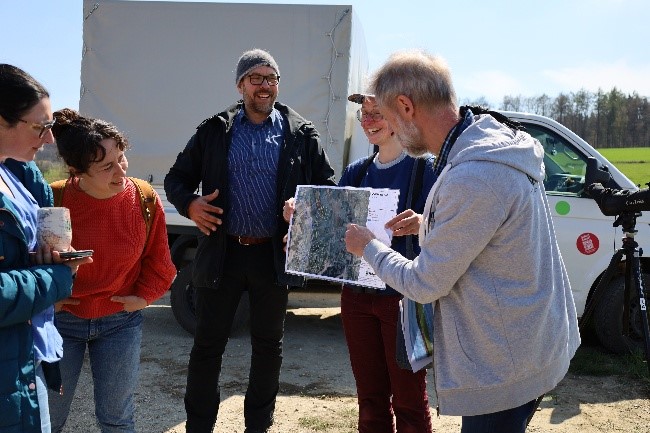
Building on the feedback of this exchange, EUROLakes is developing a guideline to improve the partners’ strategies for stakeholders’ involvement in the project’s activities and efficient communication, as one of the main targets of the project is a successful engagement of key actors and the civil society. This guideline will serve demonstration partners, replicators and others in their work with different sectors to achieve a sustainable and efficient participation of the communities of practice.


